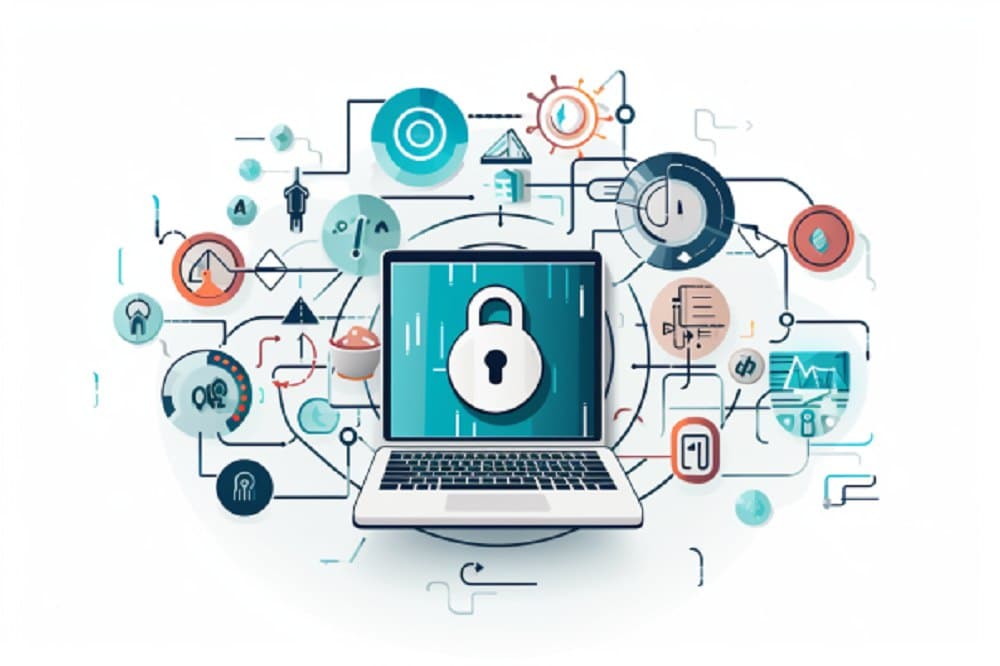A Zero-knowledge (ZK) proof is a cryptographic tool that allows one entity (the prover) to convince another entity (the verifier) that a claim is genuine without revealing any information about the claim itself. This powerful concept was introduced by researchers Silvio Micali, Shafi Goldwasser, and Charles Rackoff in the early 1980s.
The main objective of a ZK-proof is to persuade the verifier that a claim is valid while divulging no information other than its veracity.
How ZK-Proofs Function
For a ZK-proof to be effective, it must fulfill three essential criteria. First, it must be complete, meaning that the verifier should accept the proof with a high probability that the claim is true and both parties adhere to the protocol.
Second, it must be sound, ensuring that no dishonest prover can convince the verifier of a false claim except under implausible circumstances. Lastly, it must maintain zero knowledge, which implies that the verifier has only the knowledge about the truth of the statement and nothing else about the secret.
Types of ZK-proofs
Three common ZK-proofs are available: Interactive, Statistical, and Proof-of-knowledge.
Interactive ZK-proofs require back-and-forth communication between the prover and verifier. On the other hand, non-interactive ZK-proofs offer verifiable compact proofs in a single step.
Statistical ZK-proofs provide computational soundness with a small probability of error.
Proof-of-knowledge (PoK) is a subclass of ZK-proofs demonstrating the prover’s possession of specific knowledge related to the statement.
Additionally, ZK-proofs like proofs of shuffle and range are applicable in electronic voting and transactions where privacy is necessary. Sigma protocols, involving commitment, challenge, and response steps, are another ZK-proof class.
An Illustration Of How ZK-Proofs Work
ZK-proofs’ functioning can be illustrated through the “Three Color Problem” or the “Graph Coloring Problem.” Imagine having a map with multiple regions connected by lines, and the goal is to color each area with one of three colors so that no neighboring regions have the same color.
ZK-proofs allow the prover to demonstrate knowledge of the correct coloring without revealing the colors assigned to each region. The prover and verifier interact in multiple rounds, gradually increasing the verifier’s confidence in the prover’s assertion without gaining knowledge of the secret colors.
Applications Of Zero-Knowledge Proofs
The applications of ZK-proofs are diverse and impactful across various fields. ZK-proofs enhance transaction privacy and scalability in cryptocurrencies by enabling anonymous transactions without disclosing transaction particulars or user identities, as seen in privacy-focused cryptocurrencies like Zcash (ZEC).
ZK-proofs also find usefulness in authentication and access control applications, ensuring secure and user-friendly verification without revealing sensitive information. Electronic voting processes benefit from ZK-proofs, allowing voters to prove the legitimacy of their vote without disclosing the actual vote, ensuring voter privacy and electoral process integrity.
Additionally, secure data transfer and verification are achievable via ZK-proofs, where one party can demonstrate the accuracy of computations on private data without revealing the data itself.
Furthermore, this tool can be integrated into blockchain platforms, providing privacy, confidentiality, verification, auditing, scalability, identity and authentication, and cross-chain interoperability. These integrations empower blockchain systems with enhanced efficiency, security, and privacy, making them more appealing in various use cases.
ZK-Proofs Drawbacks
However, ZK-proofs do have their drawbacks. They can be computationally intensive and complex to implement, resulting in longer processing times and increased computational work in more complicated proofs.
Thus, they can hinder scalability in blockchain systems. Moreover, the added complexity might make the protocol harder to audit and verify, raising concerns about security vulnerabilities.
There are also concerns about the potential misuse of ZK-proofs for illegal activities, which could challenge regulatory compliance. Nevertheless, zero-knowledge proofs represent a groundbreaking concept that enhances privacy and security in digital interactions.
Their versatile applications span various domains, especially cryptocurrencies, electronic voting, and secure data transfer. As technology advances, careful evaluation and consideration of trade-offs will be essential to integrate ZK-proofs into specific systems and applications.
